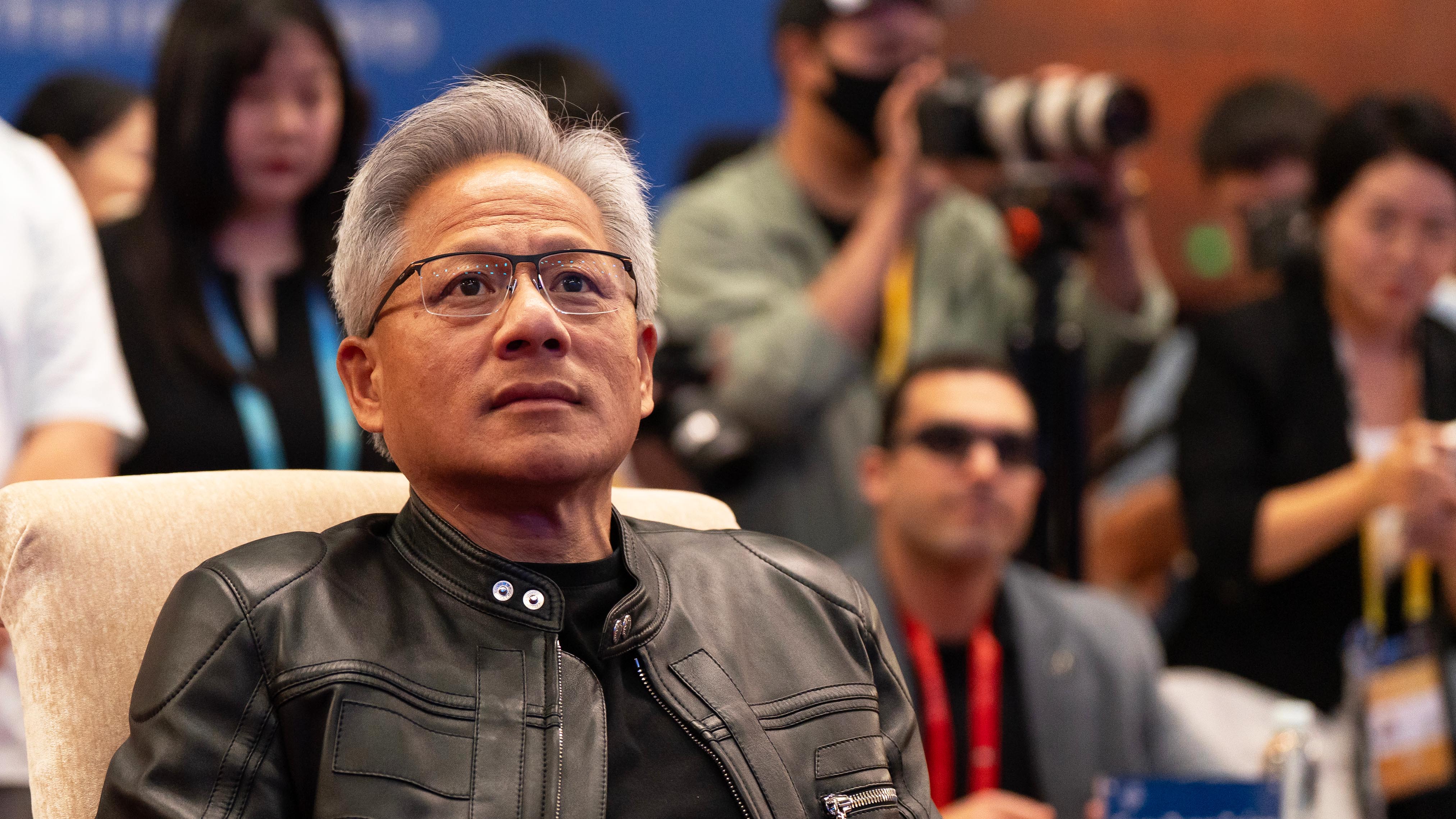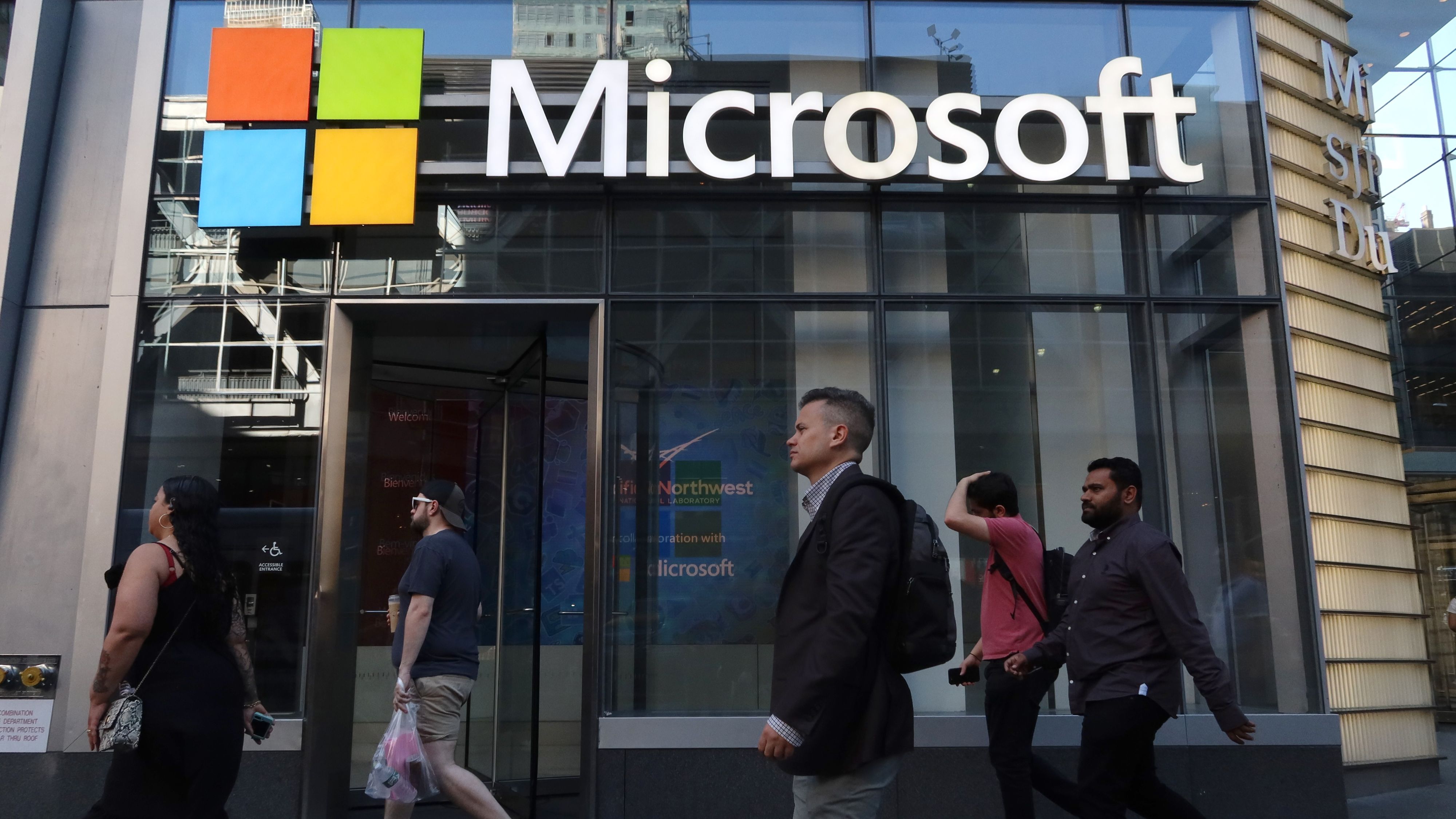
Beyond the potential existential risks of advanced AI for humanity, there’s growing unease among professionals about their employment stability. A recent Microsoft study highlighted around 40 professions that are likely to be significantly influenced by AI, such as data analysts, editors, technical writers, telephone operators, and others.
A different research found that about half of banking positions could potentially be handled by AI technology. Yet, it remains undecided whether the financial industry will adapt to this shift, given the concerns surrounding AI’s handling of sensitive data privacy and security matters.
Over the last several months, influential figures in technology have expressed strong opinions regarding AI’s possible impact on employment. In fact, Bill Gates, one of Microsoft’s founders, has suggested that AI could take over a wide range of tasks typically handled by people.
Instead, the generous billionaire suggested that certain tasks could be reserved specifically for human involvement. Jokingly, he noted that nobody would enjoy a computer playing baseball, for instance.
It’s intriguing to note that the executive suggested that just three professions – energy specialists, biologists, and programmers – will persist through the AI revolution. According to Gates, these fields are so complex they cannot be fully automated and require significant human involvement.
According to Bill Gates, coding is one of the careers least likely to be automated by artificial intelligence. He asserts that this field will continue to be predominantly managed by humans even a century from today, remaining a purely human-driven profession.
As per Gates, people will continue to hold significant influence in the coding process, tasked with spotting and rectifying mistakes, enhancing algorithms, and fostering advancements in artificial intelligence. Moreover, he emphasized that these AI-driven tools are incapable of mirroring human ingenuity and discernment.
Coding might be dead in the water, says NVIDIA

Last year, NVIDIA’s CEO Jensen Huang suggested that due to the rise of AI, traditional coding careers might become obsolete. Instead, he advised young people to consider career paths such as manufacturing, agriculture, and biology, as these fields are likely to remain relevant in an AI-dominated future. In essence, he viewed these professions as “future-proof” for the upcoming era.
In a similar vein, Matt Garman, the CEO of Amazon Web Services, expressed the idea that rapid integration of AI within businesses may lead software developers to no longer write code, instead requiring them to acquire new skills and competencies in this area.
Our mission is to develop user-friendly computing technology so that no technical skills are required for creating programs. Essentially, we aim to make programming accessible and intuitive for everyone around the globe, thereby turning everyday individuals into coders. This is achieved through the wonders of artificial intelligence.
Jensen Huang, NVIDIA CEO
It’s worth noting that the revolution we’ve been anticipating seems to be materializing. Earlier this year, Salesforce CEO Marc Benioff mentioned that the company is seriously considering employing software engineers as late as 2025.
It appears that the company has implemented artificial intelligence (AI) within its daily operations. An executive has disclosed that this tech currently manages half of Salesforce’s tasks, boasting substantial increases in efficiency due to autonomous AI systems.

In other places, Anthropic CEO Dario Amodei suggests that AI may have the capability to eliminate as much as half of entry-level white-collar positions, potentially leaving Gen Z jobless. Furthermore, a special report from Microsoft’s June Work Trend Index indicates that many employees find themselves stuck in an endless workday, frequently bringing their jobs home with them, disregarding official work hours.
As creators of this technology, it’s our responsibility and ethical commitment to transparently communicate its future implications. It’s an intriguing predicament, where we are urging caution regarding the potential path our technology might take.
Dario Amodei, Anthropic CEO
Many workers participating in Microsoft’s survey often perceive Sundays as feeling similar to Mondays due to their frequent habit of reviewing emails and Microsoft Teams to prepare for the upcoming workday.
As a tech aficionado, I found myself deeply intrigued by the report that emphasized the significance of Artificial Intelligence (AI) in our daily lives. Specifically, it outlined how AI can be harnessed to streamline routine and monotonous tasks, thereby promoting a more balanced existence between work and personal life.
Read More
- Sony Removes Resident Evil Copy Ebola Village Trailer from YouTube
- Can You Visit Casino Sites While Using a VPN?
- Best Controller Settings for ARC Raiders
- Ashes of Creation Rogue Guide for Beginners
- The Night Manager season 2 episode 3 first-look clip sees steamy tension between Jonathan Pine and a new love interest
- Holy Hammer Fist, Paramount+’s Updated UFC Archive Is Absolutely Perfect For A Lapsed Fan Like Me
- Warped Spacetime: A New Geometry for Lorentz Violation
- HBO Max’s Best New Show Is Already Back With a Second Season
- Why Stranger Things’ Conformity Gate conspiracy should be game-changing for TV
- Is Khloe Kardashian Eyeing an Acting Career? She Says…
2025-07-30 16:09